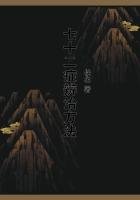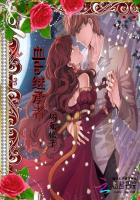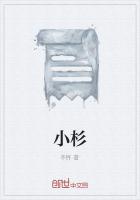I can't endure people who do things better than I do--perfectly absurd things too--waiters balancing piles of plates--even Arthur, because Susan's in love with him. I want people to like me, and they don't. It's partly my appearance, I expect," he continued, "though it's an absolute lie to say I've Jewish blood in me-- as a matter of fact we've been in Norfolk, Hirst of Hirstbourne Hall, for three centuries at least. It must be awfully soothing to be like you-- every one liking one at once."
"I assure you they don't," Helen laughed.
"They do," said Hirst with conviction. "In the first place, you're the most beautiful woman I've ever seen; in the second, you have an exceptionally nice nature."
If Hirst had looked at her instead of looking intently at his teacup he would have seen Helen blush, partly with pleasure, partly with an impulse of affection towards the young man who had seemed, and would seem again, so ugly and so limited. She pitied him, for she suspected that he suffered, and she was interested in him, for many of the things he said seemed to her true; she admired the morality of youth, and yet she felt imprisoned. As if her instinct were to escape to something brightly coloured and impersonal, which she could hold in her hands, she went into the house and returned with her embroidery. But he was not interested in her embroidery; he did not even look at it.
"About Miss Vinrace," he began,--"oh, look here, do let's be St. John and Helen, and Rachel and Terence--what's she like? Does she reason, does she feel, or is she merely a kind of footstool?"
"Oh no," said Helen, with great decision. From her observations at tea she was inclined to doubt whether Hirst was the person to educate Rachel. She had gradually come to be interested in her niece, and fond of her; she disliked some things about her very much, she was amused by others; but she felt her, on the whole, a live if unformed human being, experimental, and not always fortunate in her experiments, but with powers of some kind, and a capacity for feeling. Somewhere in the depths of her, too, she was bound to Rachel by the indestructible if inexplicable ties of ***.
"She seems vague, but she's a will of her own," she said, as if in the interval she had run through her qualities.
The embroidery, which was a matter for thought, the design being difficult and the colours wanting consideration, brought lapses into the dialogue when she seemed to be engrossed in her skeins of silk, or, with head a little drawn back and eyes narrowed, considered the effect of the whole. Thus she merely said, "Um-m-m" to St. John's next remark, "I shall ask her to go for a walk with me."
Perhaps he resented this division of attention. He sat silent watching Helen closely.
"You're absolutely happy," he proclaimed at last.
"Yes?" Helen enquired, sticking in her needle.
"Marriage, I suppose," said St. John.
"Yes," said Helen, gently drawing her needle out.
"Children?" St. John enquired.
"Yes," said Helen, sticking her needle in again. "I don't know why I'm happy," she suddenly laughed, looking him full in the face.
There was a considerable pause.
"There's an abyss between us," said St. John. His voice sounded as if it issued from the depths of a cavern in the rocks.
"You're infinitely ******r than I am. Women always are, of course.
That's the difficulty. One never knows how a woman gets there.
Supposing all the time you're thinking, 'Oh, what a morbid young man!'"
Helen sat and looked at him with her needle in her hand.















